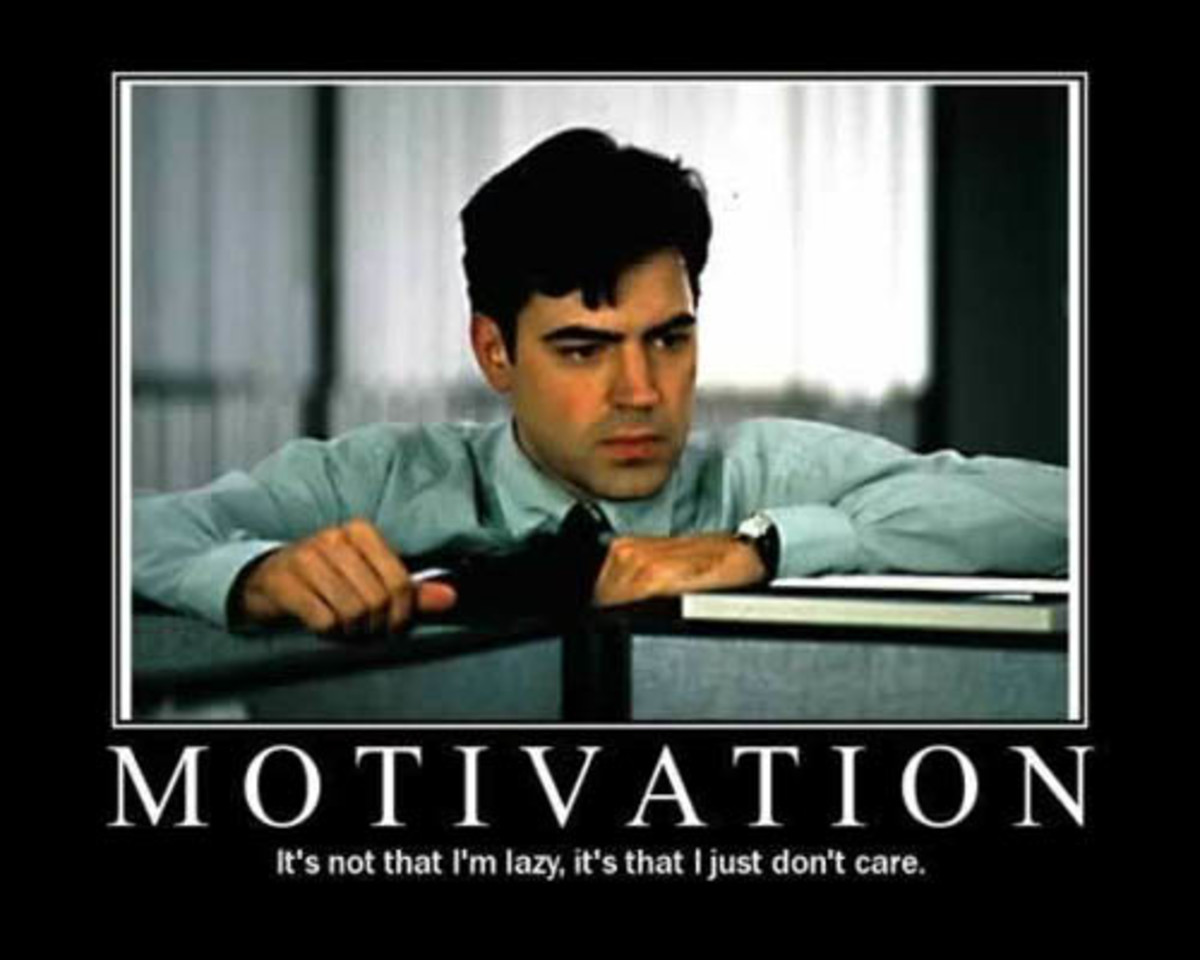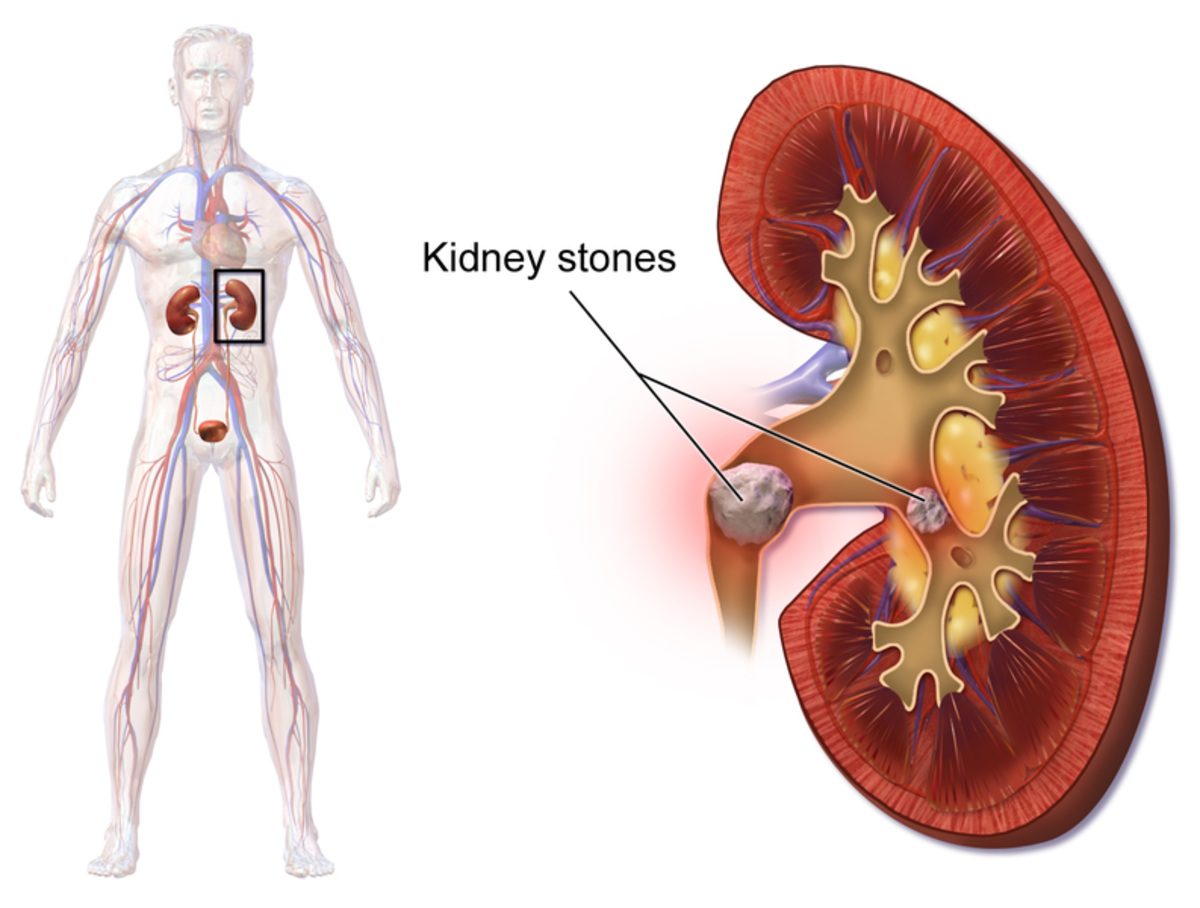Health Education: Spiritual Competency and Faith in Healing

Nourishment Should Not Be Punishment
Looking further at biblical teachings to be used by healthcare practitioners in a culturally and spiritually competent manner with a patient that follows such teachings, we find additional useful ideas and scriptures:
Genesis 1: 27-28. 27 So God created human beings in his own image. In the image of God he created them; male and female he created them. 28 Then God blessed them and said, "Be fruitful and multiply. Fill the earth and govern it. Reign over the fish in the sea, the birds in the sky, and all the animals that scurry along the ground." (NLT)
Spiritual and Cultural Competency training has been added into at least 75% of American medical schools. -- Academic Medicine, January 2014

Often, a diet plan proves to be more punishment than pleasure. It's too hard, takes too long and can stir up painful memories that we may want to bury in a big meal or snack. If we use food as security, we may be covering a hole that only God can fill. Food won't fix that. Nevertheless, the human body is the temple of the Holy Spirit and we must take care of that temple. We must attend to problem situations and nourish our souls as well as our bodies.
Genesis 1: 29 - 30: 29 Then God said, "Look! I have given you every seed-bearing plant throughout the earth and all the fruit trees for your food. 30 And I have given every green plant as food for all the wild animals, the birds in the sky, and the small animals that scurry along the ground-everything that has life."...
Job stress, joblessness, family issues, war, health problems, and negative thinking all can cause us to turn to food. Food is also used for entertainment, making it harder to be disciplined about eating, because friends always want to go out and eat somewhere - before church, after church, on the way to church...anytime.

Changing Seasons and Changing Health Habits
Spring (and Easter) is a good season in which to make some health choices that are simple but require a little practice. In fact, each season of the year is a church season in the Christian calendar and can apply to the concept of changing one's life for the better. Healthcare practitioners can learn to use this ideas of seasons in order to help patients change lifestyles with healther choices.
As a patient or person seeking overall wellbeing, see your doctor or go to a free community health screening and check your blood pressure, blood sugar, and cholesterol. Ask your doctor what else is important to know about yourself. Next, do some spring (or any season) cleaning in your kitchen and get rid of the sweets. Sugar is not food. Fruit and honey are sweet enough. In an ideal world, there would be no refined sugar introduced to humans and they would never miss it.
Take the salt shaker away from the dining table and don't add salt to foods already seasoned. It will be uncomfortable for a few days, but the feeling will pass. Use dairy products to increase bone strength and reduce blood pressure as well, and if you are lactose intolerant, try yogurt. low-lactose cheeses, and lactose-free milk, because they are easier to digest. Plan meals a week ahead of time and limit fast food intake.
Don't eat unless you a really hungry, because it's OK to skip a meal once in a while. Use that time for prayer or walking instead, or maybe do both; especailly if temporary fasting is part of your faith. Don't eat while you are driving, because you'll likley forget you ate and will eat again too soon.

New Food for a New Season
Next stock up on good carbohydrates that include brown rice and other grains; and fresh vegetables. Switch from butter or margarine to olive oil products for heart health. Save lard for pie crusts at Christmas. You'll find that better foods fill you up faster than fast foods, sugar, and fat. Shop weekly for lean meats and broil or bake them instead of using a skillet to fry. You can still have fried foods once in a while, just not often.
For exercise, start with simple stretching and walking. Stretching can be done lying down or sitting in a chair if you are not up to walking and it will help for strength, flexibility, and good attitude. Work for greater range of motion, gradually prompting your joints to move father in their natural movements. If you can walk, begin with short journeys and add distance and speed after consulting with your doctor. If he approves of the safety aspect, you can jog or race walk, or try some other activities he/she suggests. Do a little of whatever you choose 3-5 days a week for 10, 15 or 20 minutes and don't feel that you have to push yourself to go 7 days a week, because it's too much. Enjoy life and stay free of bondage!
If you wan to apply the Bible to better health as part of spirituality, one of the best exercises you can do may be to sit down at the table to eat, eat with your family around the table, and say grace before meals.
The spirutal aspect of health can be added into any health and nutrition plan with success when healthcare professionals are trained well to do so.
Spirituality often plays a central role in helping people with mental illness cope and recover. Assessment provides a vehicle for understanding and utilizing clients' spiritual strengths, and, consequently, practitioners are increasingly asked to conduct a spiritual assessment. -- David R. Hodge
Important Research for Cultural Competency in Health
Hodge, David R. Spirituality and People With Mental Illness: Developing Spiritual Competency in Assessment and Intervention in Families in Society: The Journal of Contemporary Social Services. Alliance for Children and Families. Ppg 36-44. February 4, 2013.
Some findings: The Joint Commission on Accreditation of Healthcare Organizations, a leading medical/healthcare accrediting agency recommends that spiritual assessments in cases of suspected mental illness. In addition, guidelines have been established for separating authentic spiritual experiences from manifestations of mental illness.
Puchalski, Christina M. MD; Blatt, Benjamin MD; Kogan, Mikhail MD; Butler, Amy PhD. Spirituality and Health: The Development of a Field in Academic Medicine. January 2014 - Volume 89, Issue 1; ppg 10–16.
Findings: Cultural Competency training has been added into at least 75% of American medical schools.









